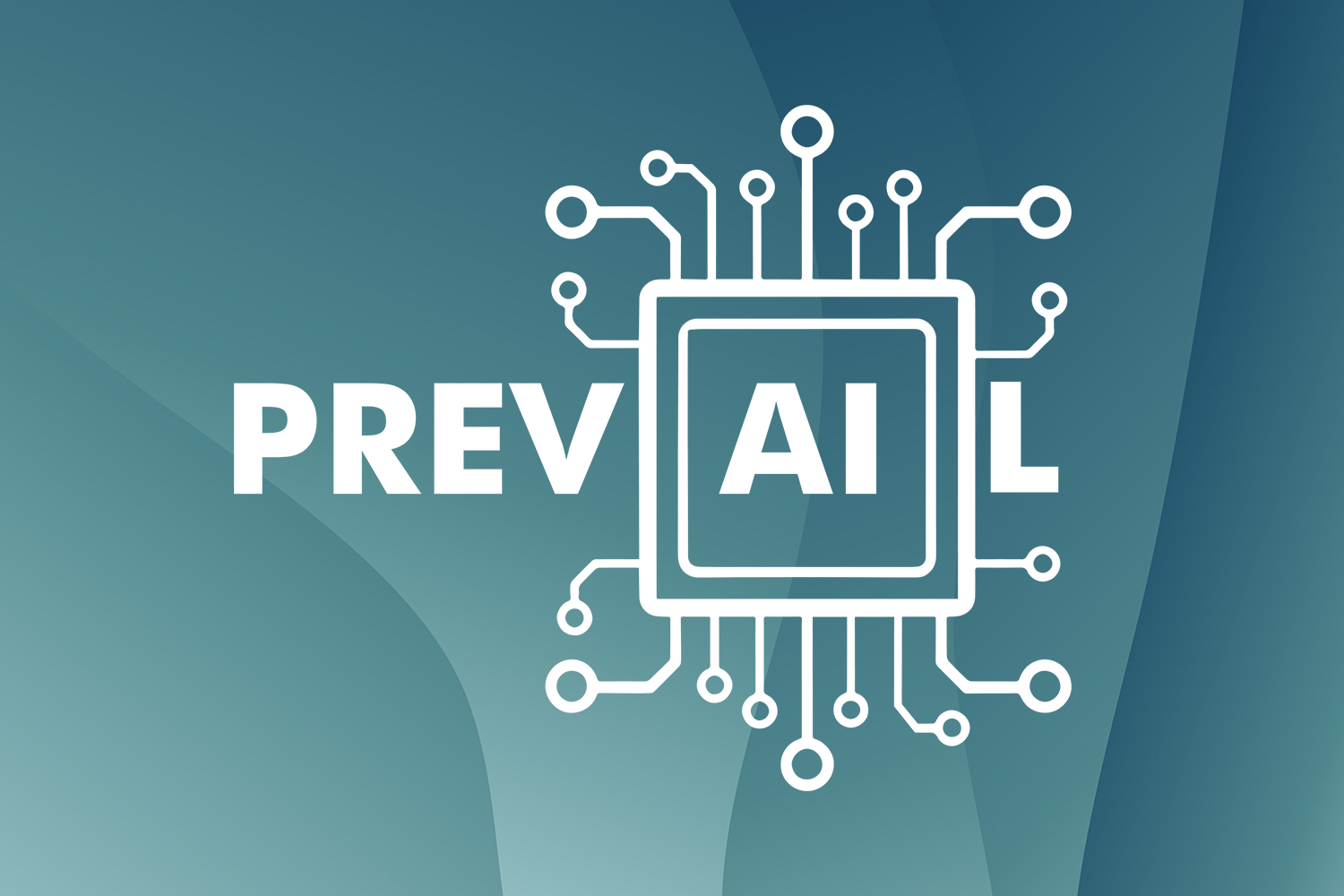Prevail - Technology platform for neuromorphic chips
Project duration (phase 1): 2022 - 2026

Neuromorphic computers are modeled on the structure of a biological nervous system. The tasks of the neurons are performed, for example, by CMOS memristors which - as in the brain - are connected to each other via synapses. Neuromorphic systems for edge AI applications show enormous potential in pattern recognition, pattern analysis and pattern prediction and have a high application potential in areas such as medical diagnostics or speech pattern recognition and promise to enable these extraordinary performances with the lowest possible energy requirements compared to current architectures.
To enable industry to turn these technologies into commercial products and innovations as quickly as possible, they must be transferred from basic research into commercial applications and the necessary development and pilot production infrastructure must be established. The PREVAIL project - Partnership for Realization and Validation of AI hardware Leadership - aims to provide a technical platform capable of designing, manufacturing and testing prototypes for advanced neuromorphic chips for edge AI applications.
Fraunhofer in the project
In the project, four Fraunhofer institutes - in addition to the coordinator Fraunhofer IPMS, these are the institutes IZM, IIS and EMFT - are contributing their advanced 300 mm manufacturing, design and testing capabilities. Together, they will create a "Hardware for Edge AI" platform for 300-mm technology. The platform will be expanded over the long term in collaboration with CEA-Leti, imec and VTT, the leading European research organizations (RTOs).
Towards pilot production for neuromorphic chips
The project started in December 2022. In the first project phase of three and a half years, the focus will initially be on closing gaps in the tool parks of the participating partners and improving selective processes as well as, for example, coordinating business processes and contamination management in such a way to create the prerequisites for joint demonstrator offerings.
In a planned second phase, the platform will then actively provide pilot production capacities, especially for the European R&D market. This will enable companies, start-ups and research institutions to commission demonstrators, prototypes and small series in advanced designs for which there was previously no production option.
Through this collaboration, the partners aim to develop chips that go well beyond the state-of-the-art in the future. Currently, the RTOs operate their cleanrooms according to their respective national missions in regular collaboration, but on a project basis. The PREVAIL project clearly demonstrates the joint effort to work together in a permanent and coordinated manner, to bundle competencies and to complement each other.
Bringing the European Chips Act to life
In early 2022, the European Commission adopted the proposal for new legislation on semiconductors, the so-called European Chips Act. In addition, individual member states are also currently developing national strategies to expand their industrial and production capacities and reduce dependencies. The PREVAIL project aims to promote the framework for aligning national initiatives with the European Chips Act by establishing a distributed technology platform with multiple nodes from the main European semiconductor RTOs.
The virtual AI hardware platform being created in the project will ensure that the availability of energy-efficient, high-performance, and trustworthy AI components (such as AI processors) and technologies can be permanently guaranteed in Europe. This will make a significant contribution to maintaining technology sovereignty in Germany. Edge computing in particular plays a crucial role in the digitization of industrial processes and in the successful implementation of the German Industry 4.0 strategy.
 Fraunhofer Institute for Photonic Microsystems
Fraunhofer Institute for Photonic Microsystems